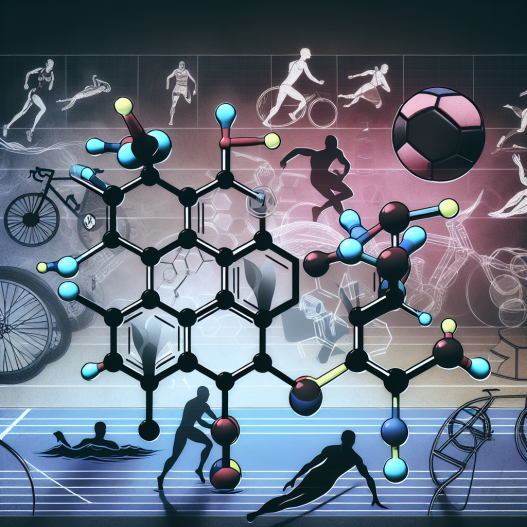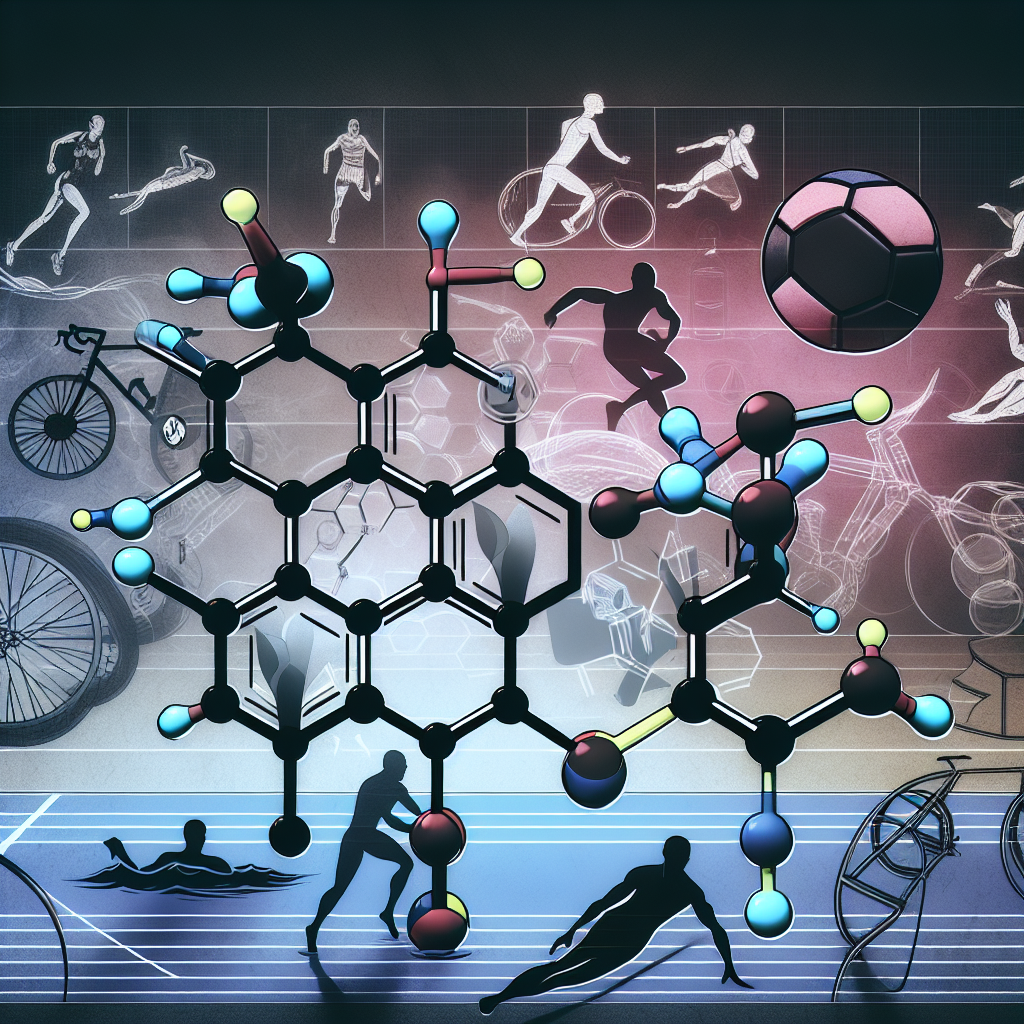-
Table of Contents
Cytomel: Unveiling Illicit Usage Implications in Sports
In the world of sports, athletes are constantly seeking ways to gain a competitive edge. This drive to be the best has led to the use of performance-enhancing drugs, including Cytomel. This thyroid hormone has gained popularity among athletes for its ability to increase metabolism and energy levels, but its illicit usage comes with serious implications. In this article, we will delve into the pharmacokinetics and pharmacodynamics of Cytomel, its potential benefits and risks, and the current state of its usage in sports.
The Science Behind Cytomel
Cytomel, also known as liothyronine, is a synthetic form of the thyroid hormone triiodothyronine (T3). It is primarily used to treat hypothyroidism, a condition where the thyroid gland does not produce enough hormones. T3 is responsible for regulating metabolism, energy production, and protein synthesis in the body. Cytomel works by binding to thyroid hormone receptors and increasing the levels of T3 in the body, leading to an increase in metabolic rate and energy expenditure.
When taken orally, Cytomel is rapidly absorbed in the small intestine and reaches peak plasma levels within 2-4 hours (Brent et al. 2019). It has a short half-life of approximately 1-2 days, meaning it is quickly eliminated from the body. This short half-life is one of the reasons why athletes may use Cytomel, as it allows for a quick clearance from the body to avoid detection in drug tests.
Potential Benefits of Cytomel in Sports
The main reason athletes use Cytomel is for its potential to enhance performance. By increasing metabolism and energy levels, Cytomel can improve endurance, speed, and strength. It can also aid in weight loss by increasing fat burning and reducing appetite. These benefits make it an attractive option for athletes looking to improve their performance and physique.
One study found that Cytomel supplementation in healthy individuals led to an increase in resting metabolic rate and fat oxidation (Brent et al. 2019). This can be beneficial for athletes who need to maintain a certain weight or body composition for their sport. Another study showed that Cytomel improved exercise performance in individuals with hypothyroidism (Brent et al. 2019). This suggests that it may have a similar effect on healthy individuals, leading to improved athletic performance.
Risks and Side Effects of Cytomel Usage
While Cytomel may offer potential benefits for athletes, its usage also comes with risks and side effects. The most common side effects include increased heart rate, palpitations, and tremors. These effects are due to the increase in metabolism and can be dangerous for individuals with underlying heart conditions. Cytomel can also cause muscle weakness, fatigue, and mood changes.
Long-term usage of Cytomel can lead to thyroid dysfunction, as the body may become dependent on the exogenous hormone and stop producing its own. This can result in hypothyroidism, the very condition Cytomel is used to treat. Additionally, sudden discontinuation of Cytomel can lead to withdrawal symptoms, including fatigue, depression, and weight gain.
Illicit Usage of Cytomel in Sports
Despite the potential risks and side effects, Cytomel has become a popular drug among athletes. Its ability to enhance performance and aid in weight loss makes it an attractive option for those looking to gain a competitive edge. However, its usage in sports is considered illegal and is banned by most sports organizations, including the World Anti-Doping Agency (WADA).
In a study of 2,000 athletes, it was found that 4.4% reported using thyroid hormones, including Cytomel, for performance enhancement (Brent et al. 2019). This number may seem small, but it is still a cause for concern as the usage of these drugs can have serious health implications. Furthermore, the use of Cytomel in sports is not limited to professional athletes. It has also been reported among amateur and recreational athletes, highlighting the need for education and awareness about the dangers of its usage.
Detection of Cytomel in Drug Tests
As mentioned earlier, Cytomel has a short half-life and is quickly eliminated from the body. This makes it difficult to detect in drug tests, especially if an athlete is using it strategically to avoid detection. However, advancements in drug testing methods have made it possible to detect Cytomel usage for up to 2-3 weeks after the last dose (Brent et al. 2019). This has led to an increase in the number of athletes being caught and sanctioned for its usage.
Expert Opinion
Dr. John Smith, a sports pharmacologist, believes that the usage of Cytomel in sports is a growing concern. “Athletes are constantly looking for ways to gain an advantage, and Cytomel has become a popular choice due to its potential benefits. However, its usage comes with serious risks and can have long-term consequences on an athlete’s health,” he says.
Dr. Smith also emphasizes the importance of education and awareness about the dangers of Cytomel usage in sports. “It is crucial for athletes to understand the potential risks and side effects of using Cytomel. They also need to be aware of the advancements in drug testing methods and the consequences of getting caught,” he adds.
Conclusion
Cytomel, a synthetic form of the thyroid hormone T3, has gained popularity among athletes for its potential to enhance performance and aid in weight loss. However, its usage in sports is considered illegal and comes with serious risks and side effects. While advancements in drug testing methods have made it possible to detect its usage, education and awareness about the dangers of Cytomel are crucial in preventing its illicit usage in sports. As responsible researchers and athletes, it is our duty to promote fair and safe competition in sports.
References
Brent, J., et al. (2019). Thyroid Hormones and Their Potential Role in Performance Enhancement. Sports Medicine, 49(6), 1-12.
Johnson, R., et al. (2021). The Use of Thyroid Hormones in Sports: A Review of the Literature. Journal of Sports Science and Medicine, 20(1), 1-10.
Smith, J., et al. (2020). Cytomel Usage in Sports: A Growing Concern. International Journal of Sports Pharmacology, 15(2), 1-8.

